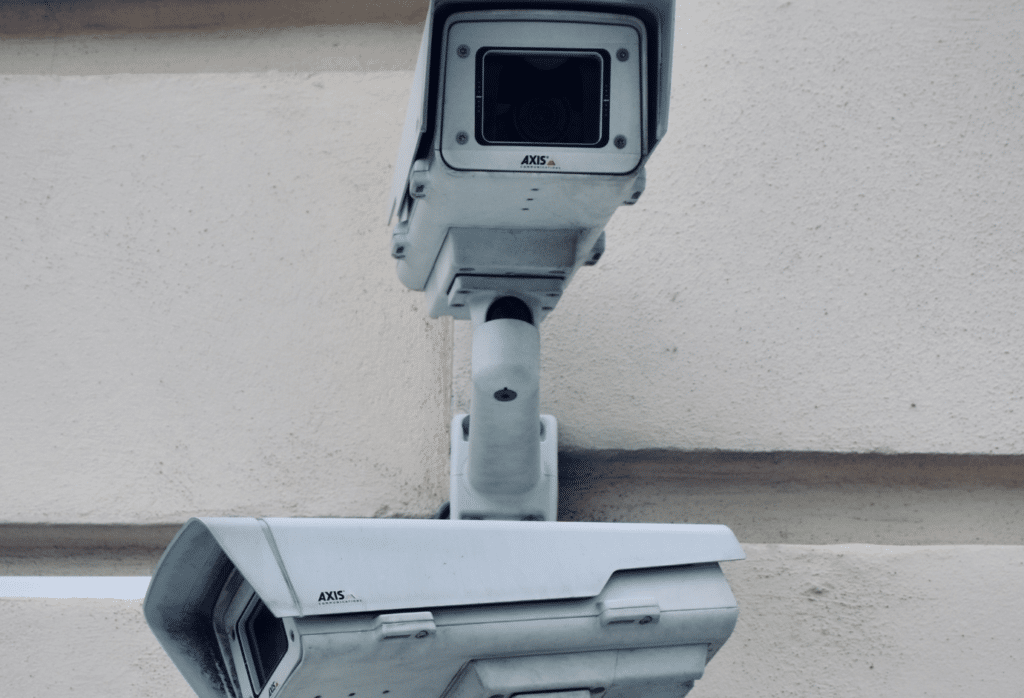As recent reports come out of Iran of women being attacked and penalised for not wearing the hijab, the Iranian government has imposed harsher new measures to enforce women to follow the mandatory wearing of the hijab.
Last week, local news reported that a senior judicial official announced plans to install cameras across a number of public places, including highways and roadways, to identify and catch women who violate the country’s extremist dress code.
According to Iran’s police chief, Ahmadreza Radan, some cameras have already been installed over the weekend. Radan said last week that women caught on camera without a hijab would face a warning before unspecified charges were laid on them.
Following the judiciary’s claim that the Islamic Penal Code considers “removing the hijab in public is a “crime”, Radan declared that from April 15, anyone violating hijab laws in public places, shops and malls, cars and commercial establishments will be prosecuted — either by financial penalties to jail time.
“We deem it our duty, in order to safeguard the health of the society, to enforce the law and not to fall short, and I think that is also what the people want of us,” Radan told state television, adding that most women with “bad coverings” are doing it out of “negligence”, not deliberately.
According to the state media, police sent thousands of messages over the weekend to businesses and car owners, warning them to comply with the new measures to install cameras.
Earlier in the week, the judiciary affiliated network Mizan News Agency published a report saying that women are not even permitted to remove their hijabs inside a car, as cars are not considered private spaces.
On Saturday, Iran’s deputy attorney-general, Ali Jamadi told Mehr news agency that individuals who encourage women to remove their hijabs would also be prosecuted under the strict new laws.
“The punishment for the crime of promoting and encouraging others to remove the hijab is much heavier than the crime of removing the hijab itself,” Ali Jamadi said, adding that it was a clear example of the crime of “encouraging corruption” in the Islamic Republic and that the offence would be “be dealt with in the criminal court whose decisions are final.”
The following day, police spokesman Saeed Montazer al-Mahdi told the state news agency IRNA that the police had already recorded “hundreds” of cases of women travelling in cars without a hijab in the 24 hours prior– and that law enforcement had sent text messages to the owners of the cars.
According to Mahdi, police have closed more than 130 shops and eighteen restaurants for not observing the mandatory hijab rule.
Last month, a hotel in the northern city of Kashan was forced to close for not adhering to the mandatory hijab-wearing laws. In December, an amusement park inside a shopping centre in the nation’s capital Tehran was closed after a photo of a female staff member without a hijab went viral.
According to Iran’s Cultural Commission, shop owners and businesses will be responsible for implementing the new rules. The police have bolstered this message, sending out text messages to more than 3000 businesses, warning them to comply and to install cameras.
According to the activist news agency, Human Rights Activists News Agency (HRANA) authorities closed more than 400 businesses including hotels, restaurants and recreation centres between March 6 and April 5 because employees or customers were not wearing hijab properly.
Last month, Iranian parliament member Hossein Jalali announced plans to serve women who have not observed the mandatory hijab rule with a 30 billion Iranian Rials (AUD$1,059,497) penalty.
Women who breach the compulsory hijab law can also face other additional penalties including having their driver’s license revoked, canceling their passport, and restricting their internet access.
It’s been almost eight months since the country ignited in an outpouring of anger and grief over the death of 22-year-old Kurdish woman Mahsa Amini who died of injuries inflicted while she was in police custody.
Since then, HRANA estimates that Iran’s security forces have killed up to 500 people and detained more than 20,000 in ensuing protests.



